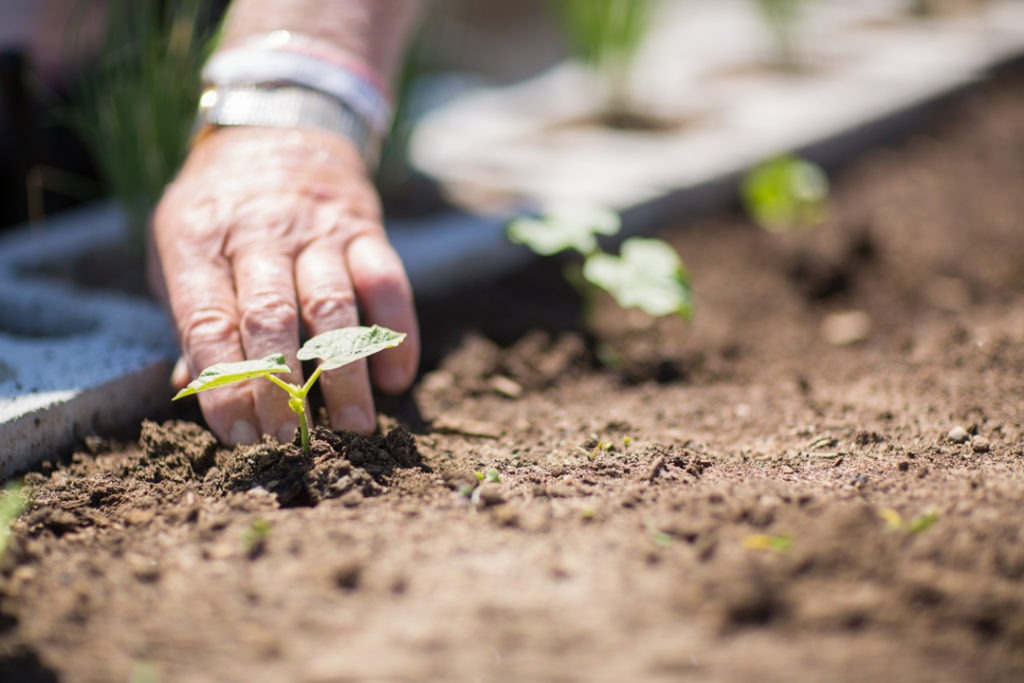
Is your garden soil dangerous?
If you’re a green thumb, you’ve probably learned to cope with the creepy crawlers that live in your garden beds: worms, beetles, grubs. But what about the bugs you can’t see? Believe it or not, there are microscopic germs in our soil that can turn a day in the garden in to a trip to your doctor. But don’t fret: a few preventative measures can keep those green thumbs (and hands) safe.
Dr. Cheryl Main is a medical microbiologist at Hamilton Health Sciences who says that there are many different kinds of organisms in soil that can be harmful to humans. For example, soil is host to bacteria that can make its way in to the body through cuts or scrapes in the skin, or cause an infection of the skin itself.
Sporotrichosis is another organism found in soil as well as in other organic matter like moss, twigs, and rose thorns (hence its nickname, “rose gardeners disease”). Sporotrichosis is a fungus that causes symptoms of the skin, including bumps and ulcers. If left untreated, the infection can spread to other parts of the body.
Tetanus is another invisible hazard that can be transmitted through soil. The signs and symptoms of tetanus include jaw and muscle stiffness and spasms, trouble swallowing, and seizures.
Prevention is simple
“Although these infections sound scary, they’re all easily prevented,” says Dr. Main.
“Simply wearing gardening gloves when working outside is enough to protect you from most soil-related infections.”
When it comes to tetanus, the tetanus vaccine is the most effective method of prevention. Most people are vaccinated every ten years. If you’re due for your tetanus shot or if you’re not sure when you received it last, speak to your family doctor.
If you start to develop symptoms like pain, redness or swelling after injuring your hand or skin outside, or in general, make an appointment with your family doctor as soon as possible. If you notice any of the following symptoms, go to your local emergency department right away:
• pain that seems disproportionate to the injury (e.g. severe pain around a minor cut)
• pain that increases over time
• a rash that’s spreading quickly
• fever
Although most soil-related infections are easily treated with antibiotics, the sooner you see a doctor the less likely you are to experience complications. If you’re unsure of where to go, call your family doctor or visit NeedADoc.ca for more information.
